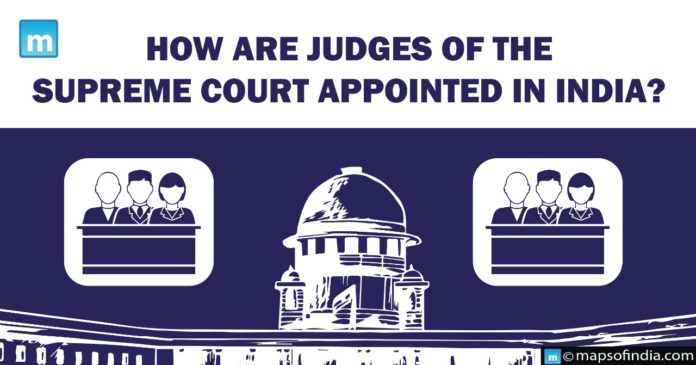The Supreme Court in India is looked upon as a beacon of hope. Every time an injustice is committed anywhere in the country, the top court steps up. It takes responsibility in case there is negligence on the part of the authority in the region. A few days back, the Chief Justice of India (CJI) N V Ramana voiced his anger and disappointment at the political class not being able to deal with politically sensitive issues and forcing the court to take the call.
Recently, the CJI presided over a petition regarding the Rohingya Refugees where he said, “Mr. Upadhyay(Petitioner), every day I have to hear your case only. The problems under the sun, Parliament members issues, nomination issues, election reforms, etc. These are all political issues being filed before the court instead of relief being sought from the government,”.
The CJI also voiced his opinion on how there is a perception out in the public that the “judges appoint judges” in India is wrong. In a webinar with his counterpart from overseas, a United States Supreme Court judge, Justice Stephen Breyer. He also said the government decides on the name, and later the President of India is the one who appoints the judge in his name. However, this brings us to the debate on how Judges get appointed in India.
What qualifications are needed for a person to be a Supreme Court Judge?
Articles 124 to 147 in Part V of the Constitution deals with the organization, including the independence, powers, and procedures of the Supreme Court. According to Article 124(1), “There shall be a Supreme Court of India constituting a Chief Justice of India and, until Parliament by law prescribes a larger number, of not more than seven other judges.”
- They should be a citizen of India
- They should have been a judge of a High Court for five years
- They should have been an advocate of a high court for ten years.
- They should be a distinguished jurist in the opinion of the President of India.
How many Judges are there in the Supreme Court?
There are 34 judges in the Supreme court, including the CJI. However, this strength got increased in 2019 from 31 to 34.
How are Judges of the Supreme Court appointed?
- Firstly, the judges of the Supreme Court shall be appointed by the President after consulting with Judges of the Supreme Court and the High Court in the states.
- After consulting with the Supreme Court, it is the President’s choice to consider the recommendation made by the CJI or not. Hence the consultation is not binding.
- Although in the case of Advocates-on-Record Association Vs Union of India 1993, it is clearly stated in the verdict that the view of the CJI is binding on the President, the CJI needs to consult with two of the most senior judges.
- Under Article 124 (2), in appointing other judges of the Supreme Court, the President is bound by the CJI, but while appointing the Chief Justice of India, he is not bound to consult anyone.
What is the Collegium in the Supreme Court?
It is the system that deals with the appointment and transferring of judges. It makes the appointment of judges completely independent from all the political influence. The CJI is the head of the collegium and is accompanied by four other senior-most judges of the court.
The function of a collegium is that it usually considers the elevation of Chief justices, Judges of High Courts to Supreme Court, promoting of Judges of High Court as the Chief Justices.





